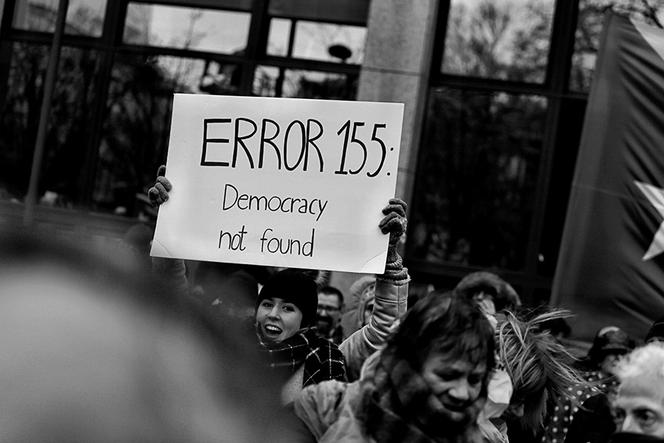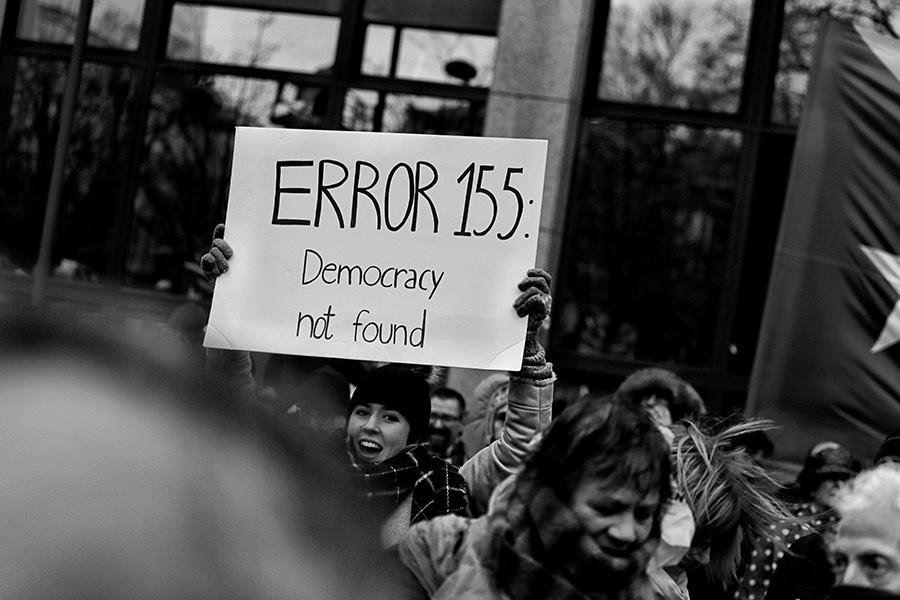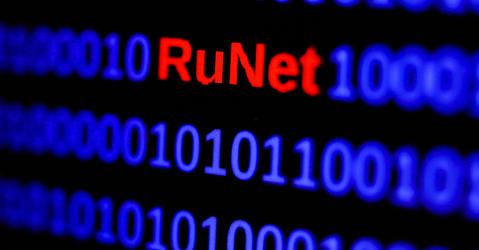You are here
European Legislation for Whistleblowers at Last
In April 2019, under pressure from civil society, the European Parliament passed new legislation providing greater protection for whistleblowers. The agreement, which was introduced in March, offers whistleblowers a clear guide for pursuing channels of denunciation, all while enjoying effective protection. This legislation establishes obligations for employers and ensures prevention against retaliation. Whistleblowers would also receive financial, legal, and psychological support.
This agreement is the result of lengthy negotiations organized by civil society and international organizations. The first attempt to reach an agreement in April 2018 minimized the central goal of protection, which was not granted to whistleblowers who provided information directly to external authorities instead of proceeding through their own internal organization. This provision was deemed counter-productive by many, as the individual in question ran the risk of blackmail and retaliation. In March 2019, UN reporters called on European negotiators to strengthen their proposed legislation, which was done.
The goal of the new European initiative is to protect them through a large series of laws, including the fight against money laundering, corporate taxation, data protection, environmental protection, and nuclear safety. Member states are free to extend these rules to their own legislation. While they are not required to impose punishments, they are encouraged to establish detailed legislative frameworks.



A major step forward
Thanks to this agreement, the EU has taken another step in recognizing the crucial role that whistleblowers play for democracy. Yet this was not always the case. According to a study on the degree of integrity within the European Union, Transparency International has reported that only one institution, the European Commission, has implemented mechanisms to protect whistleblowers, even though these very institutions legally committed to doing so in 2004.1
The European Union was the target of much criticism for its position regarding whistleblowers. Until now, the legislative framework had remained incomplete on the European level, with the same being true for each member state. Many individuals who revealed fraud were personally threatened, and also saw their professional reputation suffer. One of the most famous examples is Antoine Deltour, who became known in 2012 for revealing the famous tax evasion system “Lux Leaks.” In 2014 he was sentenced to twelve years in prison by the European Court of Justice in Luxembourg, before ultimately being acquitted in 2018. The affair triggered an outcry in Europe and beyond, revealing the distress experienced by certain whistleblowers. It also served as a symbol in the struggle for whistleblower rights on the EU level.
Splintered regulation
Aside from the recent European initiative, member states have not shown a great deal of enthusiasm in implementing strong protection in their national legislation. A study of existing laws, conducted by the project “A Change of Direction: Promoting Whistleblowing in Europe in the Fight Against Corruption,” evaluated definitions and key terms, procedures and systems of protection against retaliation, provisions for compensation where necessary, and the possibilities for remaining anonymous.
States were classified into three categories based on these criteria: those with either a detailed, partial, or non-existent legal framework. According to this study, through 2017 only 8 of 28 member states had complete legislation, while 7 had a partial legal framework. “Partial” legal frameworks are seen as risky, for they remain vague regarding the rights granted to whistleblowers. By not defining terms formally, or for instance by forbidding anonymity, they do not prompt whistleblowers to act, despite the fact that they are beneficial for the EU.



A strong signal for Europe
Why is it difficult to implement protection measures considering that whistleblowers help protect transparency? It was only recently thanks to efforts on the part of the media, social media, and civil society that European governments decided to address the question. Previously their acts were far from being encouraged. It is not surprising that those in power resist public revelations that could potentially expose the misappropriation of public institutions by some individuals to serve their private interests. Corruption is cultivated through asymmetries of information, which whistleblowers act to minimize.
Whistleblowers have the same function as human rights defenders, and should therefore enjoy the same protection. It is in the European Union’s interest to legislate to this end, as doing so proves its commitment to greater transparency and responsibility on the part of companies and institutions. It is a promise of protection for personal freedoms, in the same manner as the freedom of expression that Europe seeks to protect.
With this new proposal, the EU has resolved to correct the shortcomings of its institutions. This resolution must now be applied firmly by member states, which will thereby send a strong signal of their commitment to those that take big risks for truth and the protection of individual rights.
Further reading: D. Santoro and M. Kumar (2018), “A Right to Protection of Whistleblowers,” in D. Archibugi and A. Emre Benli, Claiming Citizenship Rights in Europe, 83-121, Routledge, London.
This article was originally published on the AMSE website.
The points of view, opinions, and analyses published in this column are solely those of the author. They do not represent any position whatsoever taken by the CNRS.





